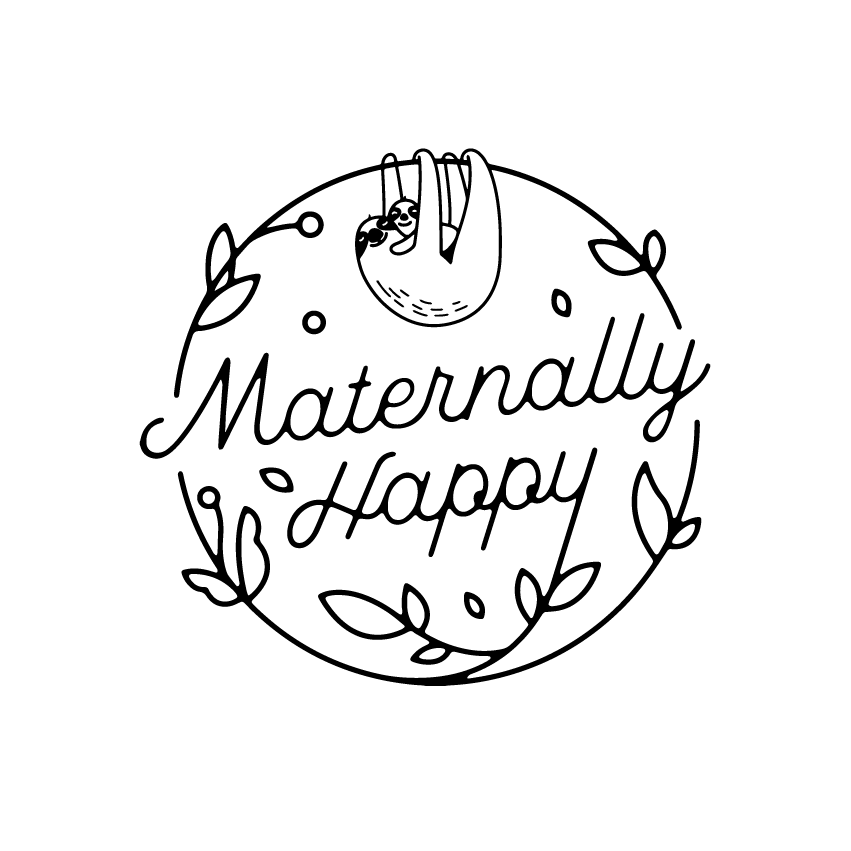




Carla is a Registered Nutritionist who is passionate about gut health, weight management, women's health and cooking. You can find Carla on Instagram at @nutrifybycarla
What is glycine and why is it important?
Glycine is an amino acid that functions as a building block for certain proteins, most especially the collagen found in skin, ligaments, muscles, bones, and cartilage. Glycine is the forerunner for an array of essential metabolites, including glutathione, haem and creatine. It “acts as a neurotransmitter in the central nervous system and has many roles such as antioxidant, anti-inflammatory, cryoprotective, and immunomodulatory in peripheral and nervous tissues.” (1)
What is the glycine content in collagen?
When it comes to the presence of glycine in collagen, a large chunk of the collagen in your body is glycine. In fact, it is reported that glycine, amongst other amino acids, contributes to about “57% of total amino acids (AAs) in collagen, which accounts for one-third of proteins in humans” (2)
What is collagen and why is it important?
Collagen is the most abundant protein in our body, accounting for about one-third of its protein composition. It is vital for maintaining normal structure and strength of connective tissue, including bones, cartilage, skin, and blood vessels. Collagen "interact with cells via several receptor families and regulates their proliferation, migration, and differentiation” (3)
Maternally Happy collagen protein is sustainably sourced, bioavailable and free from added nasties. Our products are made in Australia and formulated by Registered Midwife/Nurse - Caitlin @thepregnancyculture
References
1. Meerza R, Pathan B, et al (2017) Multifarious Beneficial Effect of Nonessential Amino Acid,
Glycine: A Review. Oxid Med Cell Longev
2. Peng L and Guoyau W (2018). Roles of dietary glycine, proline, and hydroxyproline in collagen
synthesis and animal growth. A Review. Amino Acids
3. Sylvie B. (2011) The Collagen Family. A Review
4. Peptan Whitepaper (2019) Collagen Peptides for Skin Beauty and Hair Health. Rousselot B.V
5. Fengfeng M, Zhouwei D (2020) Effect of a high-collagen peptide diet on the gut microbiota and
short-chain fatty acid metabolism Journal of Functional Foods
6. Kristine C, Wayne S, et al (2008) 24-Week study on the use of collagen hydrolysate as a dietary
supplement in athletes with activity-related joint pain. A Review. Curr Med Res Opin